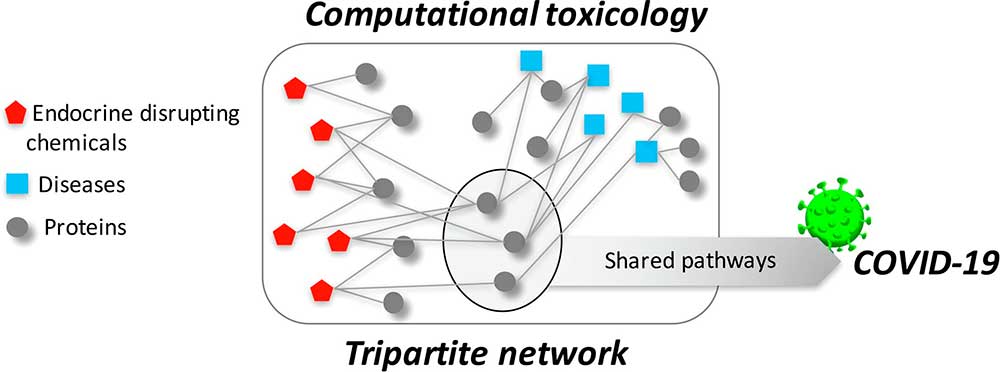Some studies suggest that more polluted neighborhoods have suffered greater mortality from COVID-19 than expected, and it’s not only due to more frequent infections. The same tendency was seen in a PFAS-polluted area in northern Italy. Such studies are often termed “ecological” as they refer to overall exposures and not to individual levels. Using digital linkage to stored information on Danish residents, a study contributed important information on the possible linkage between PFAS exposure and COVID-19. Many hospitals in the country save excess blood collected for medical purposes, and registries allowed linkage between corona-positive tests and the availability of stored serum from the individuals. The serum from 323 infected subjects was analyzed for PFAS and then linked to the national hospital records, whether the individual had been hospitalized, for how long, whether in intensive care, and deceased. This information was obtained without the researchers having access to any information on the identity of the subjects whose blood they had analyzed. The findings showed increased severity of the infection if a short-chain PFAS called PFBA was present in the blood sample. Current research is now focusing on the success of corona vaccination in the presence of PFAS in blood.


